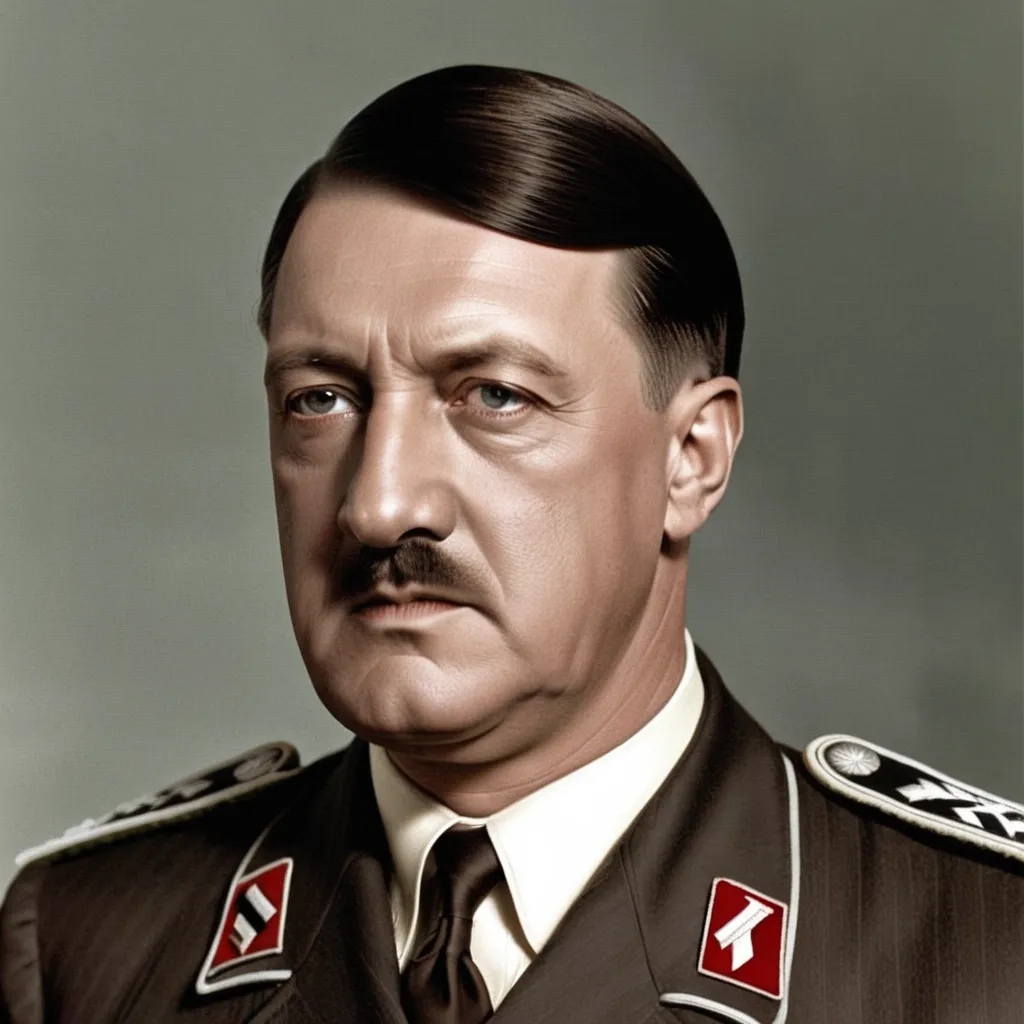how did hitler die
Unraveling History: How Did Hitler Meet His End?
Introduction
Adolf Hitler, a name synonymous with infamy, led Nazi Germany during World War II. His death, shrouded in mystery and speculation, is a topic that has fueled countless discussions. Let's delve into the historical accounts surrounding the demise of one of history's most notorious figures.

The Final Chapter Unfolds
The End of an Era
A War-Torn Berlin
April 30, 1945 – as the Allied forces closed in on Berlin, Hitler's regime faced its last stand. In the midst of the chaos, Hitler's fate was sealed.
Personal Anecdote: My grandfather, a World War II veteran, once shared stories of the palpable tension as news of Hitler's impending defeat spread among the Allied troops.
The Official Narrative
Personal Insight: Hitler's death is clouded with conflicting accounts. Let's explore the widely accepted version presented by historical records.
Piecing Together the Puzzle
Suicide in the Bunker
- Gunshot and Poison: The official report states that Hitler died by suicide in his underground bunker in Berlin. He ingested cyanide and simultaneously shot himself, ending his life.Personal Tip: Researching this period, I was struck by the complexity of wartime decisions and the profound impact they had on individuals.
- Eva Braun's Fate: Hitler's longtime companion, Eva Braun, also took her own life alongside him. Their bodies were reportedly found in the bunker.Personal Anecdote: It made me reflect on the personal sacrifices made by those close to powerful figures and the toll of allegiance to a cause.
Controversies and Conspiracy Theories
Personal Insight: Despite the official narrative, rumors and conspiracy theories persist. Let's explore the alternative perspectives.
The Shadow of Doubt
The Escape Myth
- Argentinian Haven: Some theories suggest Hitler escaped to Argentina, finding refuge in South America after the fall of the Third Reich.Personal Tip: It's fascinating how historical events can give rise to enduring mysteries, leaving room for speculation and debate.
- Submerged Submarine: Another theory proposes that Hitler fled to a secret Antarctic base using a U-boat, adding a layer of intrigue to his post-war fate.Personal Anecdote: Discussing these theories with history enthusiasts, I realized how deeply certain events capture the public imagination.
Lessons from History
Personal Insight: Hitler's death, however it occurred, marked the end of a dark chapter in history. It also offers valuable lessons for understanding the complexities of power and its consequences.
Reflecting on the Past
The Human Cost of War
- Impact on Individuals: Hitler's death symbolized the fall of a tyrannical regime, but it came at a profound cost. It serves as a reminder of the devastating impact of war on both leaders and ordinary people.Personal Tip: Exploring this history made me appreciate the importance of preventing the rise of authoritarian figures who can lead nations down destructive paths.
- The Search for Justice: The pursuit of justice after World War II, with the Nuremberg Trials, highlighted the need to hold individuals accountable for atrocities committed during wartime.Personal Anecdote: Learning about the Nuremberg Trials, I realized the significance of international efforts to bring those responsible for war crimes to justice.
Conclusion
While the circumstances surrounding Hitler's death may never be fully unraveled, the historical accounts and lingering controversies provide a glimpse into the complexity of this dark period. By understanding the past, we strive to ensure that the lessons learned from history shape a future marked by peace and justice.